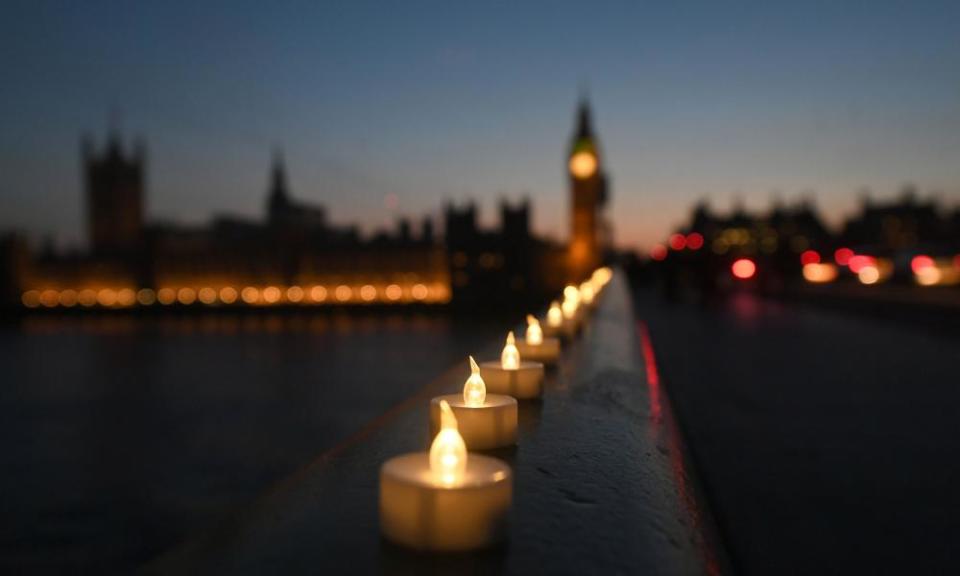Khalid Masood took steroids before carrying out Westminster attack

The attacker who killed five people in a terrorist incident in Westminster last year had taken steroids in the days and hours before the attack.
At a pre-inquest hearing into the attack, the chief coroner Mark Lucraft said the aim was to provide “answers and some comfort” to the families of the victims, who themselves called for an examination into the continuing “failure” to get to grips with radicalisation on the internet and in prisons.
On 22 March last year, Khalid Masood killed three people – Kurt Cochran, Leslie Rhodes, Aysha Frade – when he drove a rental car into pedestrians on Westminster Bridge. He then stabbed to death PC Keith Palmer who was guarding an entrance to the Houses of Parliament. A fifth victim Andreea Cristea was thrown into the river Thames and died of her injuries two weeks later.
An inquest into the deaths of the victims will be heard at the Old Bailey from 10 September and last up to four weeks. A further pre-inquest hearing is likely to be heard in June.
On Monday, the court heard that, out of respect to the families, a separate jury inquest would follow immediately afterwards into the death of Masood, who was killed by armed police at the scene.
During the procedural hearing, it emerged that a toxicology report suggested Masood had taken anabolic steroids before the attack. The court also heard how the attacker had used WhatsApp to access jihadi material.

Gareth Patterson QC, representing the families, called for the coroner to examine “the internet, end-to-end encryption, and radicalisation in prison and failure to get to grips with these problems which occur again and again”.
He said: “Terrorist trial after terrorist trial shows the same problems featuring in the evidence. Why is it that radical material continues to be freely available on the internet?. We do not understand why it is necessary for WhatsApp and Telegram to have end-to-end encryption.”
The barrister stressed the importance of getting to the bottom of issues surrounding Palmer’s death.
He said: “We welcome the indication that you will be investigating further what happened at the Houses of Parliament and how it was this attacker was able to get through those gates and how it was PC Palmer was apparently stationed alone and unarmed with, it seems, inadequate body protection.
Opening the hearing, Lucraft said the attack lasted 82 seconds from start to finish and the basic facts of what happened were well known.
He said: “Lives of many were torn apart by less than two minutes of high and terrible drama. I offer my sincere condolences to the families of those who lost loved ones.”

 Yahoo News
Yahoo News 
